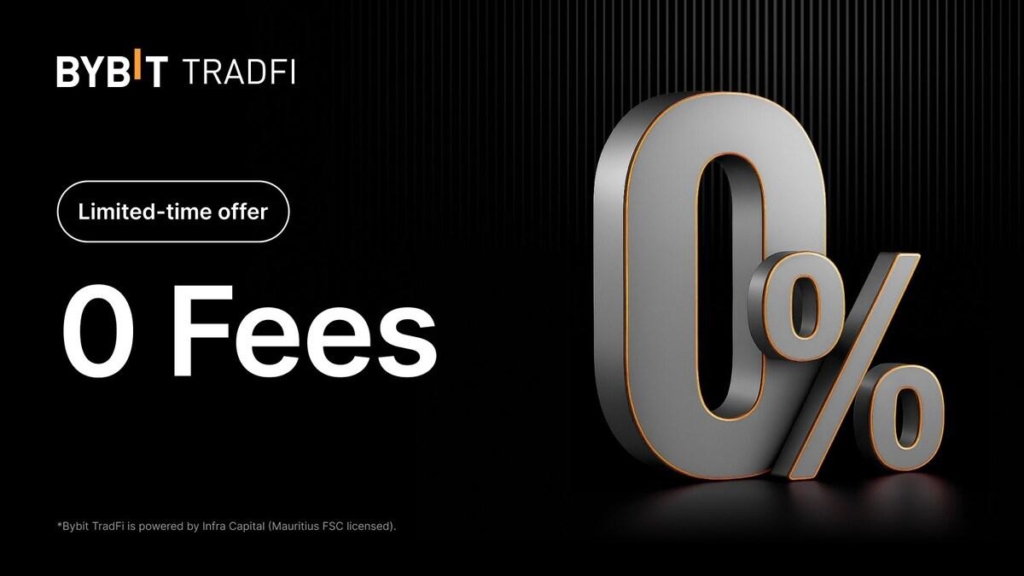The U.S. state of Arkansas has taken a step towards offering legal protections to Bitcoin miners by proposing legislation to regulate their operations.
This move contrasts with the national regulatory stance of agencies like the SEC, which have imposed fines and lawsuits against companies operating cryptocurrency exchanges.
The state’s proposed bitcoin bill, called the Data Centers Act of 2023, has been passed in both the Arkansas House of Representatives and Senate and is awaiting the governor’s approval.
The legislation, introduced by Republican Senator Joshua Bryant on March 30, seeks to provide clearer guidelines and protection to crypto miners from discriminatory regulations and taxes.
It also states that miners must pay applicable taxes and operate without placing undue stress on an electric public utility’s generation capabilities or transmission network.
Under the proposed legislation, crypto miners will enjoy the same legal rights as data centers, which the state recognizes as an asset to the local economy. This move follows similar actions taken by Montana in February, where the state Senate passed a bill to offer legal protections to cryptocurrency miners, including the prevention of discriminatory electricity rates.
The situation in Texas is more mixed, with some legislation introduced to eliminate incentives for crypto miners, while others have been proposed in support of Bitcoin mining. However, these bills are still pending in the House Committee on State Affairs.
In contrast, the SEC and Commodity Futures Trading Commission have imposed fines and filed lawsuits against crypto trading platforms, like Kraken and Binance, accusing them of lacking the necessary legal approvals to sell some of their services.
These regulatory measures have been criticized by some politicians, such as Republican Congressman Tom Emmer, who accused SEC Chair Gary Gensler of “blindly spraying the crypto community with enforcement actions while completely missing the truly bad actors.”
The Biden administration has also proposed an excise tax on crypto miners, equivalent to 30% of the cost of electricity they use.
However, the move by Arkansas and other states to offer legal protections to Bitcoin miners signals a potential shift towards a more favorable regulatory environment for crypto-related businesses.



